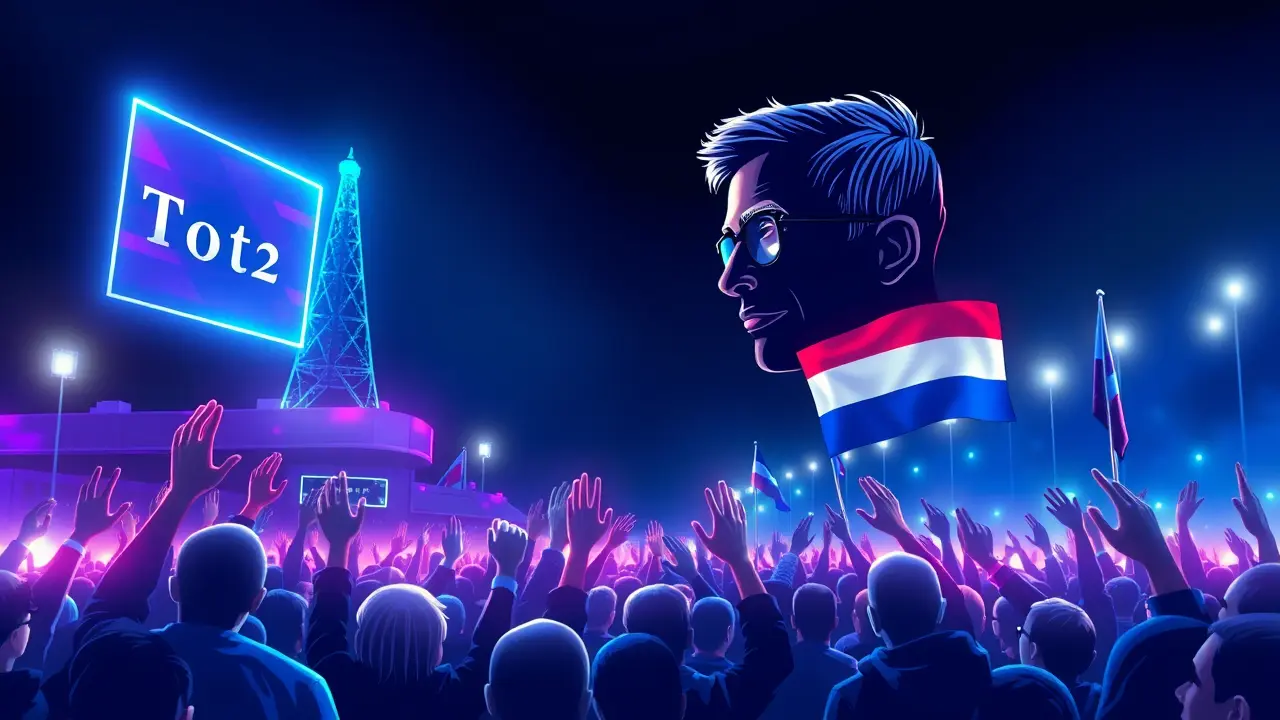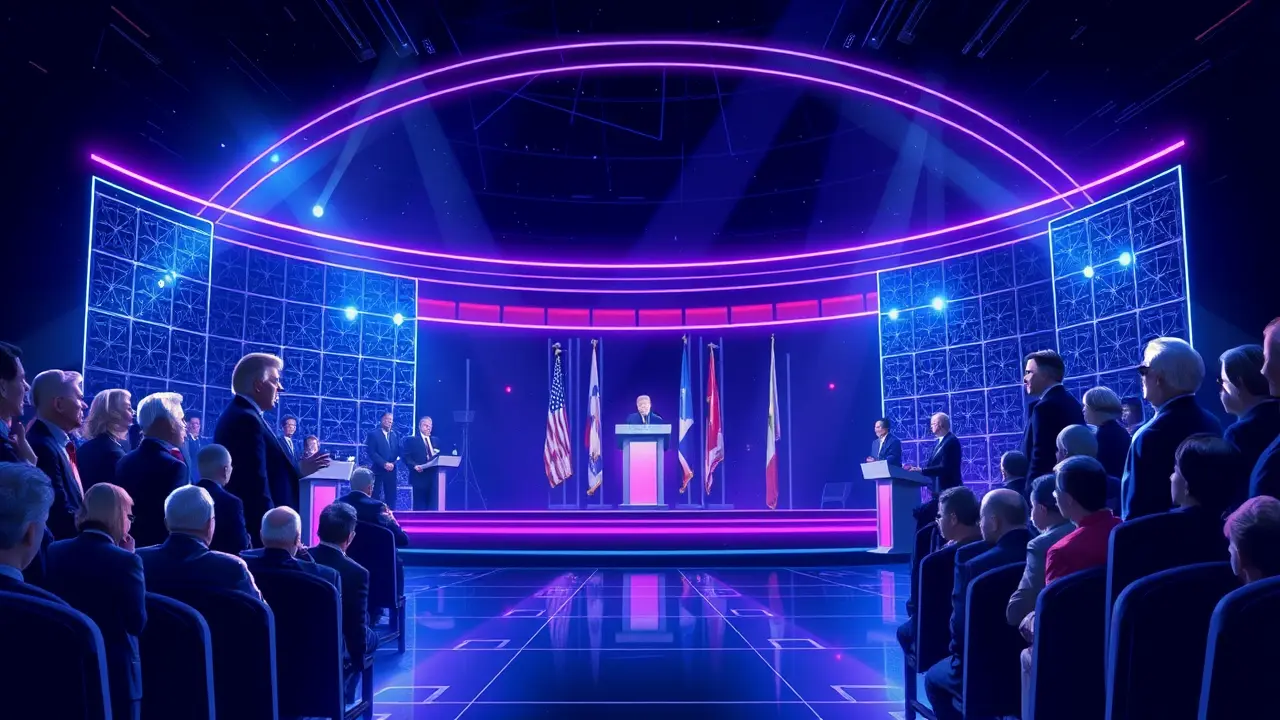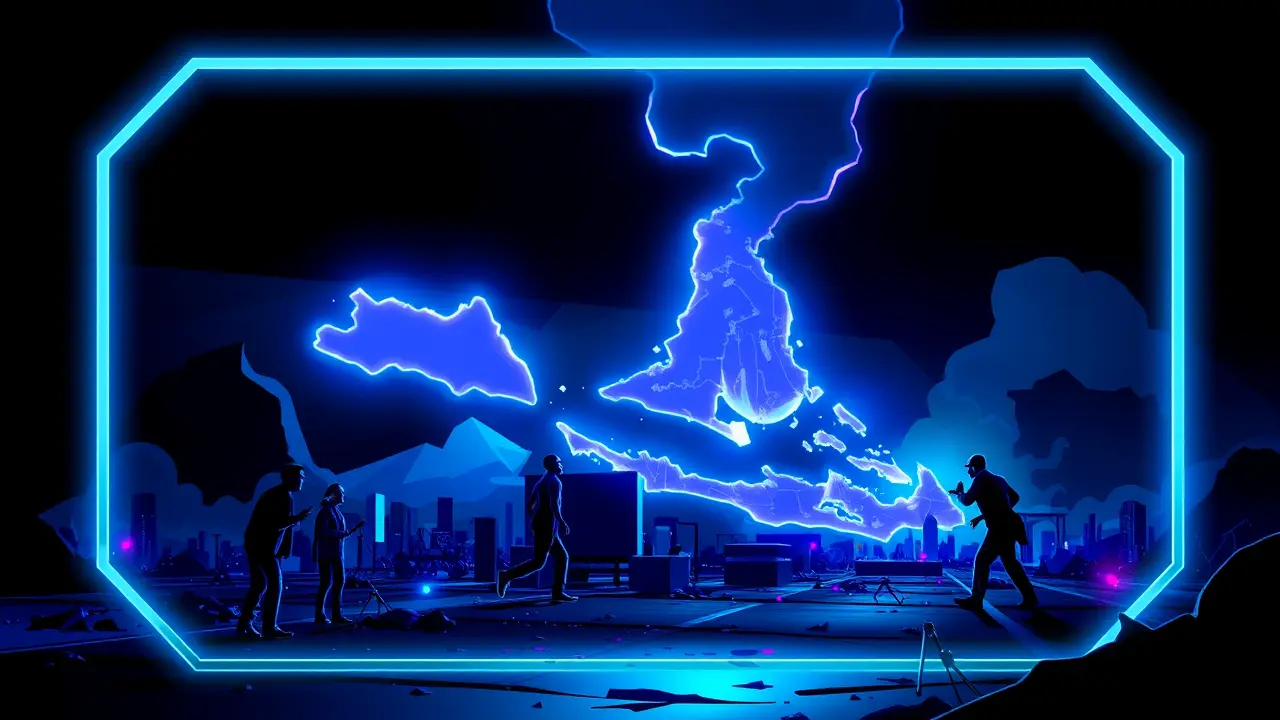
PoliticselectionsParliamentary Elections
D66 Wins Dutch General Election, Beats Wilders' PVV
RO
Robert Hayes
3 days ago7 min read
In a stunning reversal of political fortunes that will reverberate across the European continent, the Dutch centrist party D66, under the steady leadership of Rob Jetten, has clinched a decisive victory in the general election, definitively overtaking the far-right Party for Freedom (PVV) of the firebrand Geert Wilders after a nail-biting count of nearly all votes. This outcome is not merely a shift in parliamentary seat counts; it is a profound statement on the resilience of the liberal center in the face of a populist surge that has, in recent years, seemed almost inexorable.The campaign was a stark ideological battle, a clash between Wilders’s signature platform of anti-Islam rhetoric, a Nexit referendum on European Union membership, and a wholesale rejection of multiculturalism, and Jetten’s D66, which champions a proactive European integration, aggressive climate action, and a firm commitment to social liberalism. For weeks, the specter of a PVV-led government had haunted the corridors of power in Brussels and other European capitals, promising to create a political earthquake akin to the shockwaves of the 2016 Brexit vote.Yet, the Dutch electorate, in a move that echoes the historical precedent of voters ultimately pulling back from the brink of radical change as seen in the French presidential runoff that blocked Marine Le Pen, has instead reaffirmed its foundational values. This victory for the center can be dissected through several critical lenses: the potent mobilization of younger voters galvanized by the climate crisis, a strategic consolidation of the urban and highly educated vote behind D66, and a palpable weariness among a significant portion of the electorate with the politics of perpetual polarization.The strategic genius of Jetten’s campaign lay in its ability to frame the election not as a typical left-versus-right contest, but as a fundamental choice between an inward-looking, isolationist future and an outward-facing, collaborative one, effectively making the election a de facto referendum on the Netherlands’ role in Europe. The consequences are monumental; a D66-led coalition, likely involving the VVD and possibly the Labour Party, will now steer the Netherlands toward a reinvigorated commitment to EU climate targets, a strengthening of the transatlantic alliance, and domestic policies focused on technological innovation and educational reform.Conversely, for Wilders and the populist right, this defeat raises existential questions about the ceiling of their support and whether a message built primarily on opposition can ever secure a governing majority in the Netherlands’ consensus-driven political culture. As one senior analyst from the Clingendael Institute noted, 'This is a watershed moment.It demonstrates that while the allure of populism is strong, there is a solid, unmovable core of the Dutch electorate that still believes in the project of a united Europe and a pluralistic society. The center has held, but the battle for the soul of the nation is far from over.' The geopolitical ramifications are equally significant, providing a much-needed morale boost for centrist forces in Germany and France who are preparing for their own electoral battles against resurgent nationalist parties. In the final analysis, the Dutch election of 2023 will be recorded in the history books not for the shock it produced, but for the shock it averted, a testament to the enduring, if sometimes fragile, strength of liberal democracy when confronted with its most vocal adversaries.
#featured
#Dutch election
#D66
#Rob Jetten
#Geert Wilders
#PVV
#vote count
#centrist victory
Stay Informed. Act Smarter.
Get weekly highlights, major headlines, and expert insights — then put your knowledge to work in our live prediction markets.
Related News
Comments
It’s quiet here...Start the conversation by leaving the first comment.
© 2025 Outpoll Service LTD. All rights reserved.










